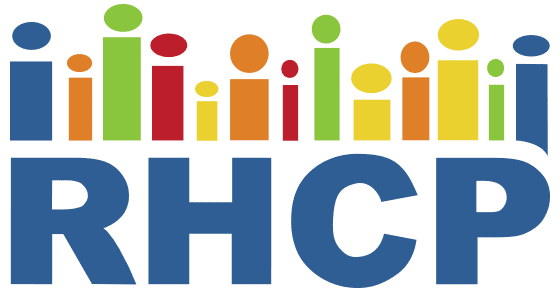Capacity Building Through Focus Group Training in Community-Based Participatory Research
Education for Health, Volume 24, Issue 3, 2011
Background: Community-based participatory research (CBPR) emphasizes collaborative efforts among communities and academics where all members are equitable contributors. Capacity building through training in research methodology is a potentially important outcome for CBPR partnerships.
Objectives: To describe the logistics and lessons learned from building community research capacity for focus group moderation in the context of a CBPR partnership.
Methods: After orientation to CBPR principles, members of a US suburban community underwent twelve hours of interactive learning in focus group moderation by a national focus group expert. An additional eight-hour workshop promoted advanced proficiency and built on identified strengths and weaknesses. Ten focus groups were conducted at an adult education center addressing a health concern previously identified by the center’s largely immigrant and refugee population. Program evaluation was achieved through multiple observations by community and academic-based observers.
Results: Twenty-seven community and academic members were recruited through established relationships for training in focus group moderation, note-taking, and report compilation. Focus group training led to increased trust among community and research partners while empowering individual community members and increasing research capacity for CBPR.
Conclusion: Community members were trained in focus group moderation and successfully applied these skills to a CBPR project addressing a health concern in the community. This approach of equipping community members with skills in a qualitative research method promoted capacity building within a socio-culturally diverse community, while strengthening community-academic partnership. In this setting, capacity building efforts may help to ensure the success and sustainability for continued health interventions through CBPR.

